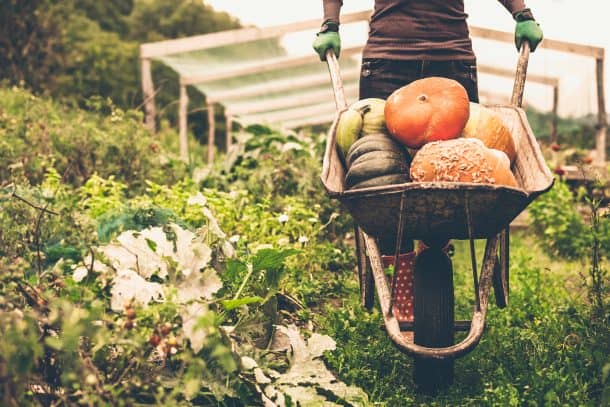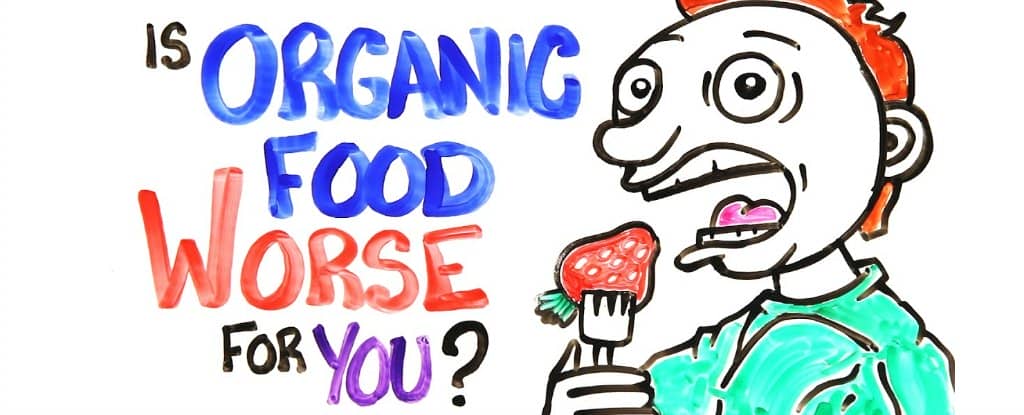Over the years we have been led to believe that eating anything that is not “organic” is a grave sin against mankind and our mother earth. People who do otherwise are shown as the ultimate monsters responsible for all the problems of our contemporary world. But is there any truth to the claims that eating only organic can save the world? Or is just an expensive sham?
On a YouTube video, good people from AsapSCIENCE tried to get to the bottom of this. And let’s just say that the statement “You don’t always get what you paid for” is as politely as one can explain this scenario.
Myth # 1: Organic food doesn’t involve the use of any fertilisers or pesticides:
WRONG! “Technically”, organic foods only have to avoid using synthetic fertilizers and pesticides. This means that pesticides are still sprayed, just not any human-made chemicals. In truth, more than 20 chemicals have been approved and are being used for organic crops in the US. All of them are extracted from natural sources, but it doesn’t mean that these pesticides are any less dangerous. In some cases, these natural pesticides are actually even worse for your health and the environment than the artificial ones!

Myth # 2: The food labeled “Organic” is 100% organic:
As shocking as this sound, this too is wrong! “Legally” if some packaging consists of 95 percent organic ingredients, it can be labeled as such. The label of “Made with organic ingredients” only requires 70 percent organic ingredients, and the label saying “contain organic ingredients” only require to have 50 percent organic content!
Myth # 3: Organic products are always better for the environment:
A big fat lie, again! As AsapSCIENCE elaborated, a meta-analysis conducted in 2012 concluded that organic crop yields on average are 25 percent lower than conventional crops, although the exact number varies from crop to crop. It means that the yield or an organic crop requires around a quarter more cultivation area to produce same similar amount than it would with the conventional crops. This means cutting down of more forests, draining more and more natural resources, and of course increasing the price of the products as well.
Although there are some benefits like the crop rotation and mixed planting, which is a lot better for the soil than the conventional practice of planting fields of one variety, every year.

Myth # 4: Organic products are healthier:
A recent review of 237 studies concluded that there is no evidence that organic fruits and vegetables are in anyway more nutritious and healthier than then the normal ones.
Analysing purely organic diets are also difficult since it is very hard to come by. Thus, it is possible that due to lack of data a statistically significant amount is nowhere in sight.

In other reports, although organic farming only accounts for 1% of the acreage, it constituted 7% of the total recalled crops due to defects. It has also been knowing to spread killer bacteria, and 10% of the total e Coli cases in the US!
And while children put on a short term pure organic diet did show lower levels of organic phosphates in their urine; the benefits were clinically insignificant.
For other myths and truths, you’ll have to watch the video yourself:
So next time anyone is hundred percent sure that organic food is better, you will know that he/she is simply ignoring stats and science. While organic food is better for your health and environment in some ways, it is mainly a combination of the organic and the conventional food along with your lifestyle and genetics that will have the final say in your well being.
What are your thoughts on these findings? Comment below!


